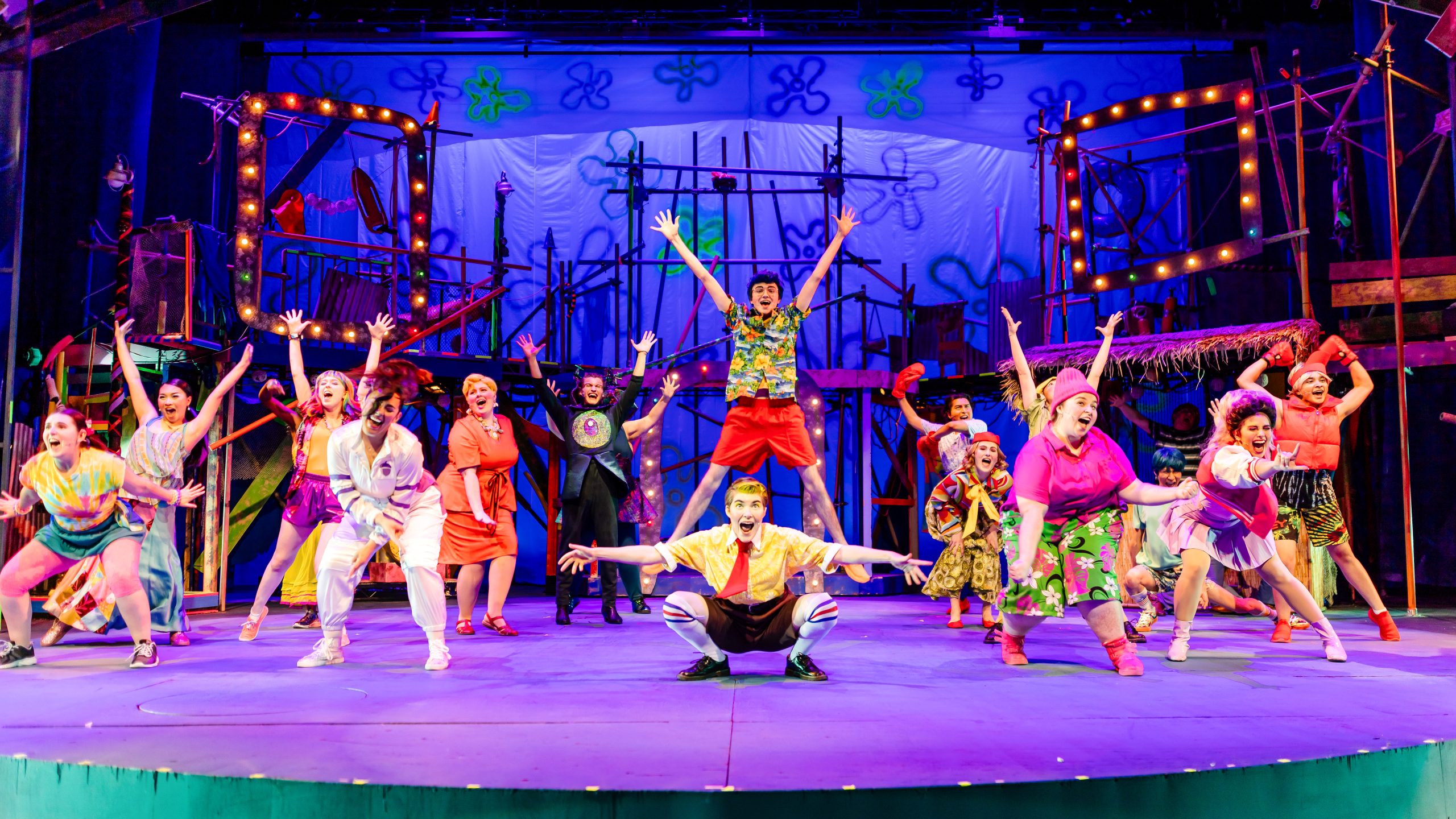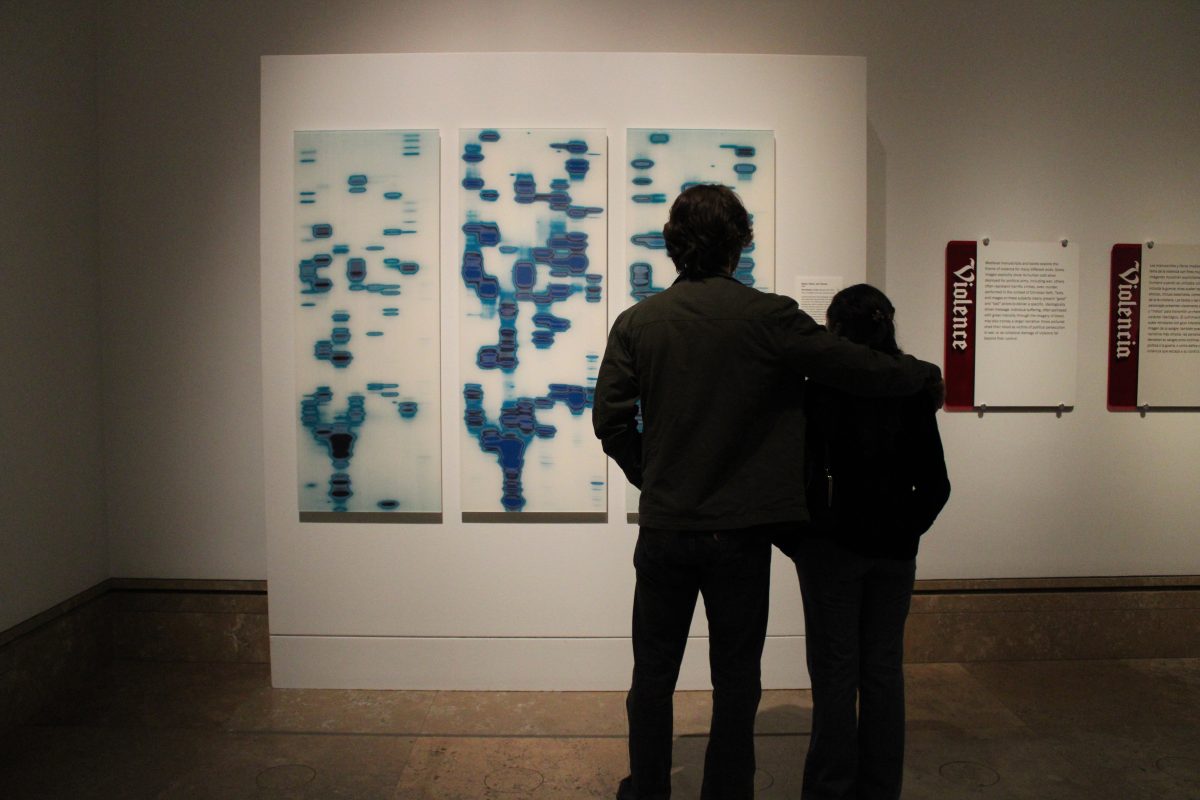
In the years after the Laugh Factory opened its doors and lit up its stage in 1979, owner Jamie Masada passed out complimentary passes for the new club to drum up support and community involvement.
While canvassing Fairfax Street in West Hollywood, Masada handed out coupons valid for a free show and complimentary soda to the elderly that lived on the block.
A retired married couple accepted the offer and attended the show, but did not look happy about it. Masada said they were miserable when they entered his club – looking down, grumbling, the woman following yards behind her husband.
The couple that walked out of the Laugh Factory, its walls lined with glass cases of shrines to comedy greats from the Marx Brothers to Richard Pryor, was wholly changed. Masada remembered they left with arms linked, beaming at one another.
“It was then I thought, this is the best thing I can do,” said Masada, who bought the club at the age of 16 and quickly transformed the brick building on the corner of Sunset Boulevard and Laurel Avenue into one of the top comedy clubs in the United States.
Comedy legend Rodney Dangerfield traveled to the laugh haven following surgery and requested to perform. Masada recalled Dangerfield’s pale skin, slow pace and overall weakness that required an aid to physically prop him up on stage.
But once Dangerfield’s first earned laugh rolled through the audience, healthful color flushed back into his face.
“Comedians are doctors of the soul,” Masada said. “They are the priest, the reverend on stage.”
Masada’s pioneer comedy club, the model of which states ‘Laughter is the best medicine’, is now treating these doctors of the soul with medicine for the mind through pro-bono therapy available for performers.
“We’ve lost so many members of our family,” he said. “We decided to create this program before we lose any more.”
CSUN alumna Ildiko Tabori, 1993, who regularly handles entertainment industry clients in her private practice, heads the preventative program that grants comedians private consultations with licensed therapists.
“Comedians are out there every night making people laugh and don’t realize who is in front of them,” Tabori said. “They could be friends, couples or a guy who had a really bad day at work. That man will leave the show in a better place, knowing he can approach tomorrow better.”
However, Tabori and Masada said, no one is taking care of the comedian who is taking care of their audience.
“It’s a different, lonely lifestyle,” Tabori said. “Some have monetary issues, sometimes they bomb on stage.”
She cited depression, anxiety, substance abuse, childhood issues and bipolar disorder as some of the top afflictions plaguing comedians.
Although these psychological pressures are undoubtedly present in the comedy world, for those in front of the stage laughter has the power to buoy moods and improve health.
For the men and women who serve society by calling out the idiosyncrasies, highlighting their own neurosis and ridiculing the ills of the world to keep from crying, the Laugh Factory seeks to ensure those performers will be around to do their jobs.
High-profile comedian suicides, such as Richard Jeni in 2007, and overdoses, like Greg Giraldo’s overdose in 2010, are among the inspirations for the program.
“It happens more often than we think,” Tibori said. “We heard of more famous comedians, but a lot of lesser known people fall by the wayside.”
The program, which is held weeknights from 8 p.m. to 11 p.m., began in February and has a list of at least 78 comedians waiting for consultation.
“The response has been amazing,” Tibori said.
Tibori, who is paid by the Laugh Factory, offers the first six sessions subsidized by the club and accepts insurance for subsequent sessions.
According to Masada comedians do not receive the respect they deserve as professionals of their craft.
“There are few job opportunities for comics, but it’s an important job,” he said. “Laughter is the best medicine for anybody, especially today with wars, a poor economy and rising gas prices.”
Masada recognizes the basic human need to escape reality and enter into a world that can laugh at itself, and he chooses his practitioners wisely.
During a March 10 performance at the Laugh Factory, comedian David Arnold said laughing separated himself from “an ass-whooping” as a child.
That same night, comedians Eliza Schlesinger and Chris D’Elia took the small Thursday night crowd in stride and commented on the intimate, familial atmosphere of the room.
“This is not an audience, this is a gathering of concerned citizens,” Schlesinger said.
Laugh Factory comedians are chosen after rigorous auditions and held to high standards. Those granted the honor of performing on the Laugh Factory stage emulate Masada’s dedication to respecting the craft and the audience.
“Laughter is a universal language, we need more comedy,” said Masada, who also mentioned that a giggle could realistically replace pharmaceutical medication.
Until doctors write prescriptions for a stand-up show, Masada and Tibori are ironing out the details of their fledgling program to aid performers while still bringing on the laughs.
“We do not have an end in sight for this program, we’d like to be long term,” Tibori said. “Jamie has an amazing soul. He’s so well-meaning that he’s infectious.”





